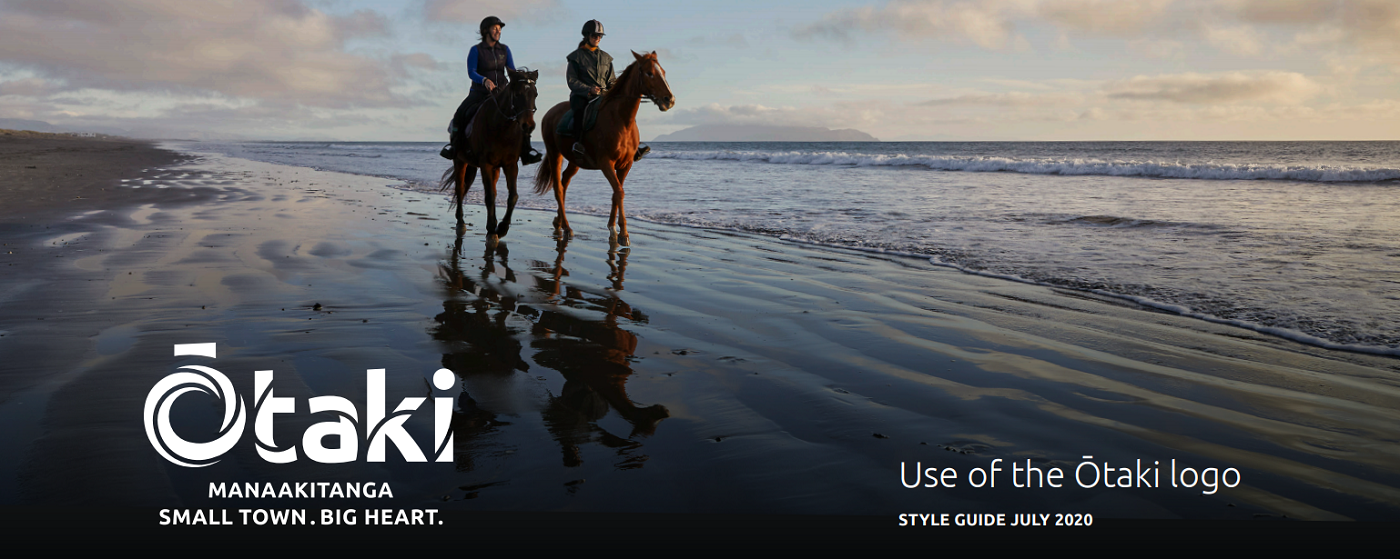In our whanau, the potiki, or youngest, is Uncle Howard (Broughton). Then there is Aunty Mei (Ratana), Aunty Betty (Anderson), Uncle Hori (Broughton), then my mother, Margaret (Walsh). The mataamua, or eldest, was Aunty Grace Moffatt. There was also Aunty Bulla (Neho) and Uncle Chum (Wallace) and three sisters on her Dad’s side (Marie, Jocelyn and Joan Potete).
Grace Terewai Moffatt (nee Potete) was born on March 6, 1928, in Palmerston North.
Her parents were Ben Potete and Rona Amelia Wallace. However, she was raised by her grandparents, Potete Manupiri Nopera and Makareta Marino (Maggie). Uncle Chum (Ernest Wallace) was also raised by Potete and Maggie.
Maggie’s first husband was William Ellerslie Wallace, who died in 1918 during the influenza epidemic. Grace’s whakapapa through her Wallace line is Te Āti Awa and Taranaki. Her Marino whakapapa is to the Whanganui River and Pātea area. On her MacDonald/kaumātua line her whakapapa is to Ngāti Raukawa, Ngāti Wehiwehi, Ngāti Tukorehe and Ngāti Kauwhata Grace’s whakapapa on her Potete side is to tupuna Horomana Nohorua and Ngāti Toa Rangatira.
In 1932, aged 4, Grace moved from Pukerua Bay with her whānau to Belfast Street in Wellington. She accompanied her nanny and aunties in the early days of Ngāti Poneke Māori Club. At the age of 5 she went to St Anne’s Catholic School in Newtown. Their home in Wellington was always full of visiting whānau.
In 1937, when she was 10, her family moved back to Pukerua Bay when the polio epidemic spread. Grace was enrolled in correspondence school for six months before the schools re-opened. She then attended Pukerua Bay School.
It was at Pukerua Bay that she was joined by my mother, Margaret, then 2, who was also raised by Potete and Maggie. My mother has fond memories of Pukerua Bay and of her, Grace and Chum roaming the hills in search of duck eggs, and of the American soldiers who gave them chocolates.
Grace went to Wellington Technical College for three years from 1946. She either caught the train from Pukerua Bay or stayed with her Aunty Marara Martin on The Terrace. After this she moved with Potete, Maggie and the whānau to Te Waka Road in Te Horo.
Grace was born during the Depression. She was always a grateful person, appreciative of everything she had and valuing those she shared with. She never took things or people for granted.
She was a perfectionist. Whether it was with her Bible reading, her professional life or her married life. She ironed everything! She cooked a farmhouse breakfast every morning – in winter with porridge, cream and brown sugar.
Grace was a hard worker and a caring person who welcomed all to her home. The door was always open, the fire seemingly always lit, the kettle boiled. If you were lucky enough you ate dinner of her famous beef stew, or corned silverside, fresh garden boiled potatoes and sweet green peas with mint.
Aunty Grace
Like drops of rain on the sea,
We are nothing
But
We are part of everything
Everything you touched
Everything we’ve known.
(Adapted from a poem by Grace’s late husband, John Moffatt.)
Grace met John when she was 18 and working at Southgate’s Garage in the Ōtaki railway area. John had taken his father’s farm truck in for a service. They got married three years later in 1950, at Wellington. They had five children: Stephen, Kathryn, Graham, and the twins, Claire (Makareta) and Jeffery Hugh, who died soon after birth.
For many years John and Grace farmed near the Waitohu Stream. It was on their farm that appropriately all were greeted by the sign “Welcome to Sunny Otaki”. Grace loved helping people and this was reflected in her working at Koha Ora, where she had previously been a TB patient, and Kimberley Hospital in Levin.
She was a dedicated member of the Ōtaki community, especially regarding kōhanga reo and kura kaupapa Māori. Maggie and Potete were native speakers of te reo Māori, but they never taught Grace. Before the arrival of Hiko Hohepa to Ōtaki College, Grace and John had tried to enrol Makareta into correspondence school, but the college denied the application.
Grace was a dedicated member of Rangiātea Church, for many years doing Sunday readings.
John once said that during the Depression, the swaggers who were looking for work, a meal or a place to sleep were welcome at the family farm. They would leave a rock on a post so the next swagger would know.
Grace was much loved by all her sisters, brothers, children, mokopuna, nephews and nieces, whānau and friends. And especially her dog, Tohu.
E kui, moemai ra, hoki atu ra ki to rahi i te po, e tatari nei ki a koe.
PS: If anyone has memories of Grace or John, the family would love to hear them. Email Maika1999@hotmail.com
By Michael Walsh (nephew)
LATEST POSTS
- Achievements Celebrations
- Active Recreation
- Agriculture
- Arts Culture
- Business
- Children
- Come To Live Here
- Come To Visit
- Commemorations and Reunions
- Community
- Community Action
- Community Development
- Community Resilience
- Community Services
- Complaints Protest
- Eco Environment
- Education
- Family
- For Kids
- Health
- History Legacy
- Housing
- Infrastructure
- Kindness Respect
- Local People
- Local Political
- Obituaries
- Older People
- Perspectives
- Political
- Recognition Awards
- Safe Behaviour
- Safe Communities
- Spirituality Religion
- Sport
- Stories About People
- Town Environments
- Transport

